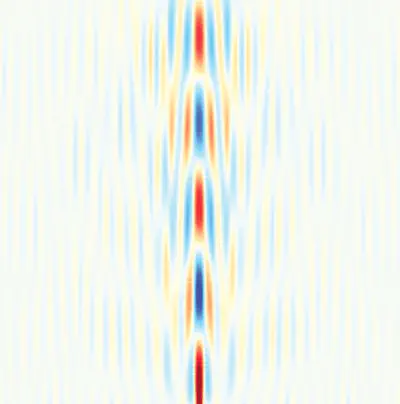Surface-wave propagation on non-Hermitian metasurfaces with extreme anisotropy

Abstract
Electromagnetic metasurfaces enable the advanced control of surface-wave propagation by spatially tailoring the local surface reactance. Interestingly, tailoring the surface resistance distribution in space provides new, largely unexplored degrees of freedom. In this article, we show that suitable spatial modulations of the surface resistance between positive (i.e., loss) and negative (i.e., gain) values can induce peculiar dispersion effects, far beyond mere compensation. Taking inspiration from the parity-time symmetry concept in quantum physics, we put forward and explore a class of non-Hermitian metasurfaces that may exhibit extreme anisotropy mainly induced by the gain-loss interplay. Through analytical modeling and full-wave numerical simulations, we illustrate the associated phenomenon of surface-wave canalization, explore nonlocal effects and possible departures from the ideal conditions, and address the feasibility of the required constitutive parameters. Our results suggest intriguing possibilities to dynamically reconfigure the surface-wave propagation and are of potential interest for applications to imaging, sensing, and communications..